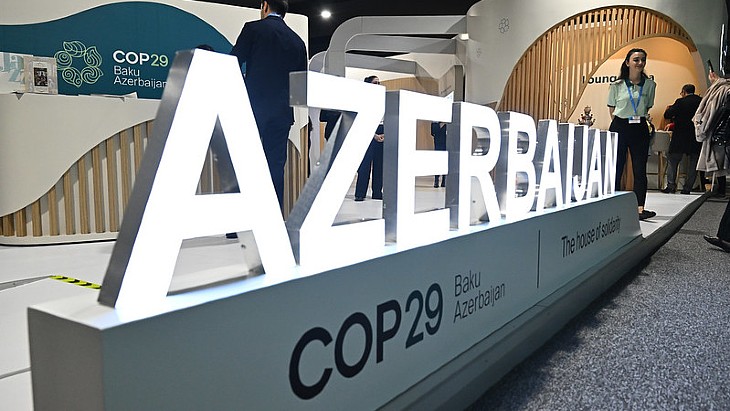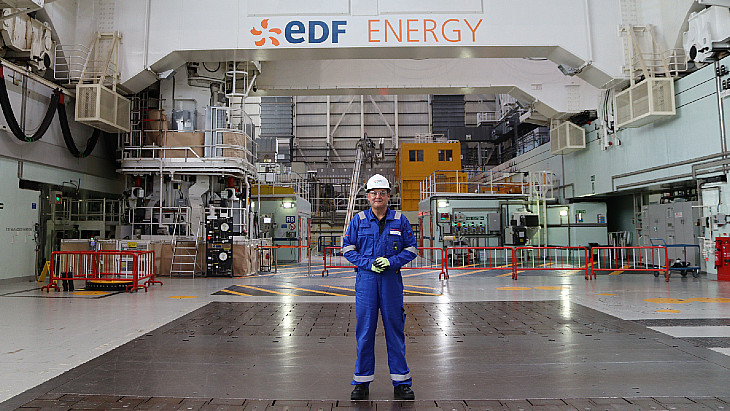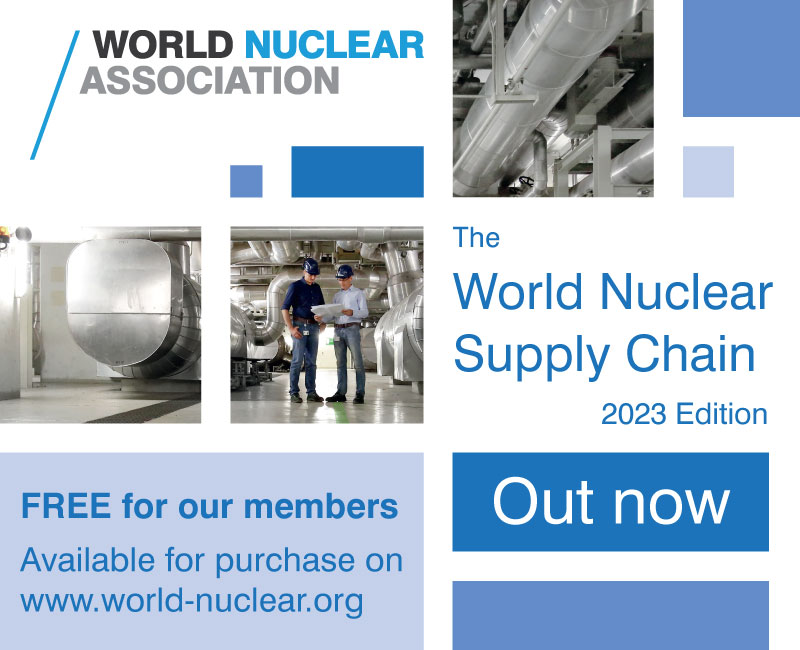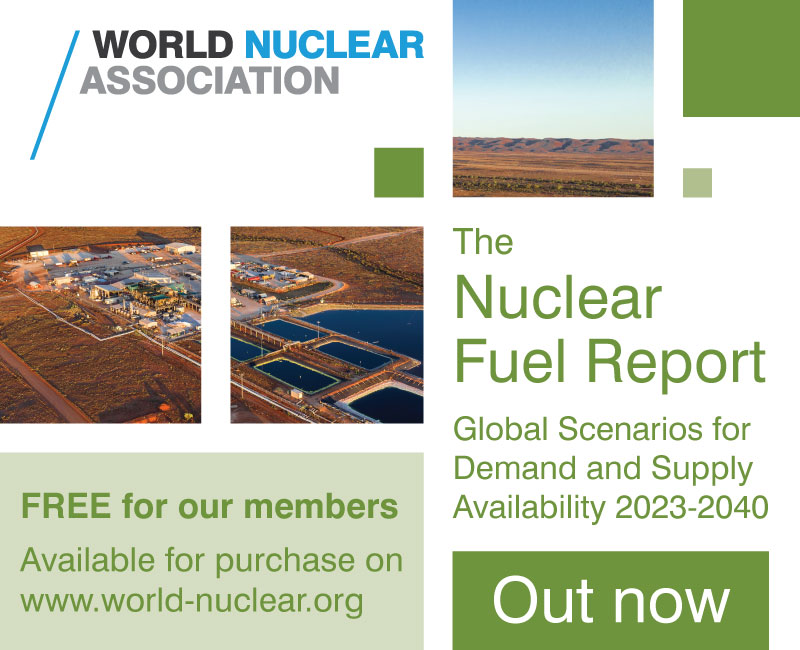Alliance calls for greater European support for nuclear
.jpg)
France's Minister for Energy Transition, Agnès Pannier-Runacher, brought together her counterparts from member countries of the Nuclear Alliance on 16 May at the Ministry for Energy Transition. A total of 16 countries were represented. In addition to the host country, Belgium, Bulgaria, Croatia, Estonia, Finland, Hungary, the Netherlands, Poland, the Czech Republic, Romania, Slovenia, Slovakia and Sweden, plus Italy with observer status, were represented. The UK was present as a guest country.
"Created on the initiative of France, the Nuclear Alliance aims to bring together all the countries of Europe wishing to rely on nuclear energy, alongside renewables, to carry out their energy transition," the ministry said.
This was the third meeting of the alliance, following the first meeting in Stockholm on 28 February and the second in Brussels on 28 March.
Discussions at the Paris meeting were structured around two round tables: the first on how to build an independent European nuclear supply chain; the second on the needs implied by the revival of the European nuclear industry, particularly in terms of skills and innovation.
During the meeting, participants emphasised the key contribution of nuclear energy, as an addition to renewable energy, to decarbonise Europe's energy production and collectively reach climate neutrality by 2050 at the latest.
They discussed the need to ensure that for nuclear energy and radioisotopes, Europe keeps reducing its dependencies on Russian suppliers and the need to guarantee the security of supply of nuclear materials, particularly nuclear fuel, for power and non-power uses. The participants reiterated the importance of working together and with the EU Commission, and supporting the objectives of like-minded international efforts such as through the G7, to achieve this objective by bringing about a strong European nuclear industry.
At the end of the meeting, the member countries of the Nuclear Alliance signed a joint statement calling for a European action plan to develop cooperation around nuclear power, especially in terms of skills, innovation, safety, dismantling and waste standards.
"Nuclear power may provide up to 150 GW of electricity capacity by 2050 to the European Union (vs roughly 100 GW today)," the statement says. "This represents the equivalent of up to 30 to 45 new-build large reactors and small modular reactors in the EU and such new projects would also ensure that the current share of 25% electricity production be maintained in the EU for nuclear energy."
It added: "In terms of impact on jobs and growth, the European nuclear sector expects to create in the EU, by 2050, 300,000 additional, new direct, indirect and induced jobs. Taking into account retirements, the nuclear energy sector would recruit more than 450,000 employees in the EU over the next 30 years, including more than 200,000 highly skilled people."
The ministers and high-level representatives agreed "to work together on a road map to deepen their cooperation and trigger the involvement of the European Union in the field of nuclear energy". This includes "promoting better conditions for the development and deployment of new nuclear energy capacity in the EU, including better access to financing".
"This third meeting of the member countries of the Nuclear Alliance has led to great progress," said Pannier-Runacher.
"This meeting shows that an ever-growing number of Member States recognise that if we want to decarbonise our economy in a sustainable and affordable way, then the EU needs to support the development of both nuclear and renewables," said Yves Desbazeille, Director General of Brussels-based trade association Nucleareurope. "Too much time has been wasted on pitching one technology against another. Demand for low-carbon electricity is expected to massively increase over the coming years. So, the EU now needs to move forward with pragmatic and technology neutral policies which focus on achieving our goals: decarbonisation, security of supply and affordability."
Nuclear energy generates electricity in 14 of the 27 EU Member States, and currently provides 25% of Europe's electricity and 50% of its low carbon electricity.


.jpg)
.jpg)









